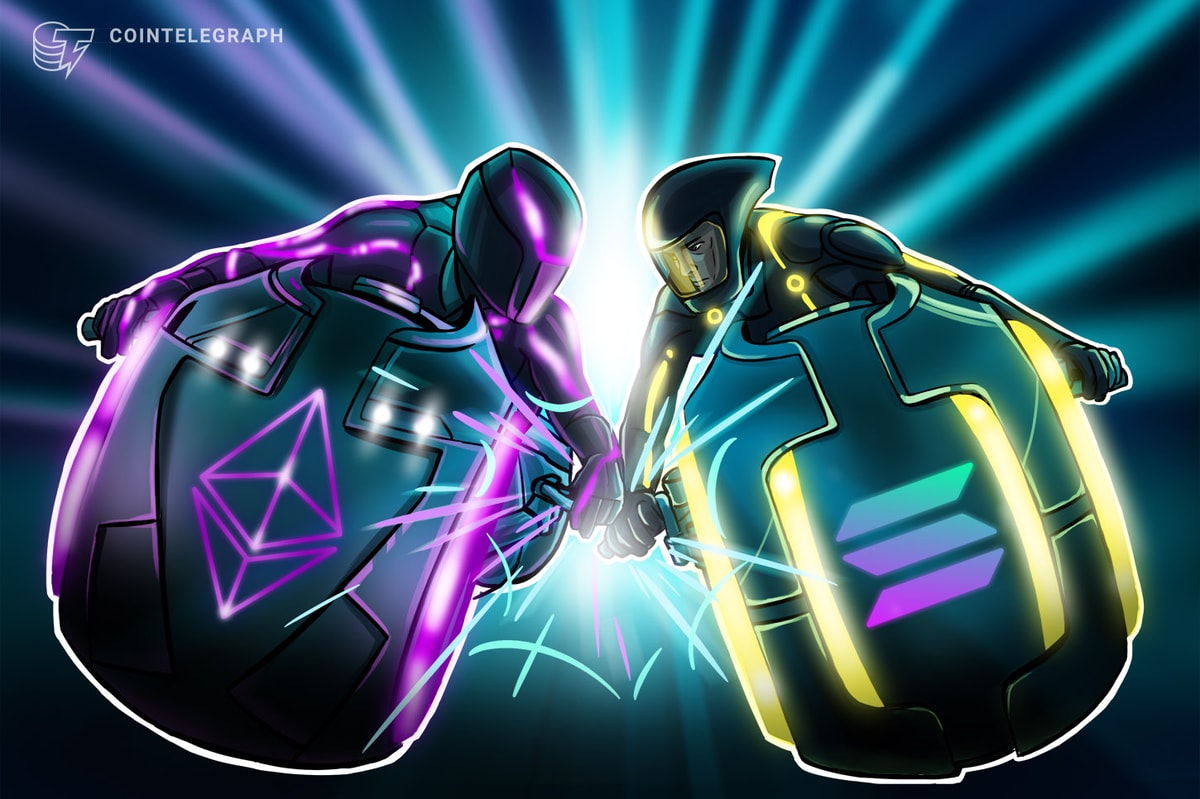Building blockchain infrastructure that attracts developers is key for mass scaling blockchain applications, Anurag Arjun, the founder of Avail and co-founder of Polygon, told Cointelegraph in an exclusive interview on March 7.
“Lowering developer friction is very important. If you look at the first mobile apps that were built when the initial infrastructure came out, those were very simplistic sort of apps. It took a lot of years of experimentation to build something like Uber or Instagram.”
Arjun added that building developer-focused scaling solutions like layer-2 rollups will be necessary to advance blockchain-based decentralized applications (DApps). He said:
“The real utility of [scaling solutions] is if developers can quickly work with this infrastructure to actually create useful scale apps that go mainstream, for example, right again right now.”
Average monthly active developers decreased 24% to 22,411 in 2023, compared to 2022, according to a Jan. 17 report by Electric Capital. The firm attributes this drop to a record number of new developers who joined in 2022. The report notes:
“While developers overall are down 24%, the most valuable segment of developers (2+ year tenure who contribute the most code) continues to steadily grow.”
When asked about the future of blockchain scalability, Arjun said that he expects to see hundreds of application-specific rollups that will be united under a user experience-friendly app layer, much like today’s Web2 shopping experiences that simplify online purchases.
“When you click on the buy button on [Amazon], it opens up a payment page, but the user doesn’t know all the complexity behind the process,” said Arjun, adding that Web3 infrastructure will need to simplify the user experience in a similar way to attract more mainstream users.
Arjun is also the co-founder of Web3 data availability and consensus layer, Avail, which closed a $27 million seed funding round on Feb. 26, led by Founders Fund and Dragonfly.
The funds will be deployed to help accelerate the unification of Web3 by bolstering the developments of the firm’s three core products, also known as the “Avail Trinity:” the data availability layer, the nexus unification layer and the fusion security layer.











